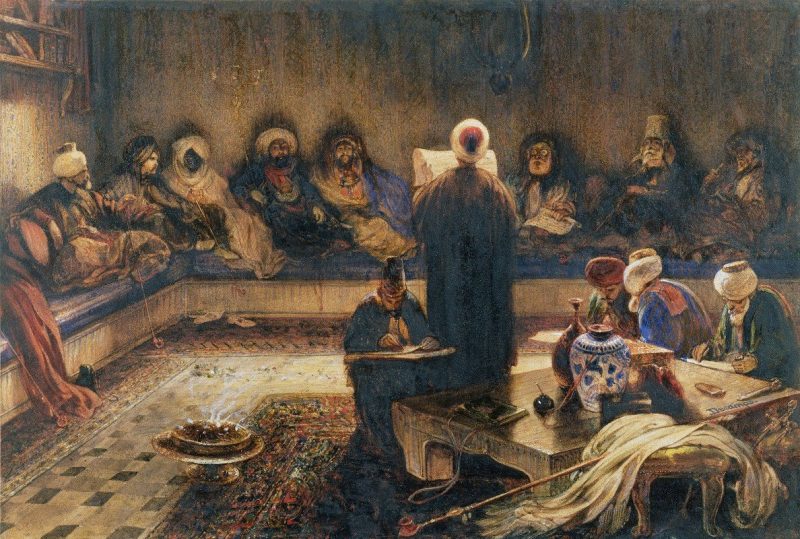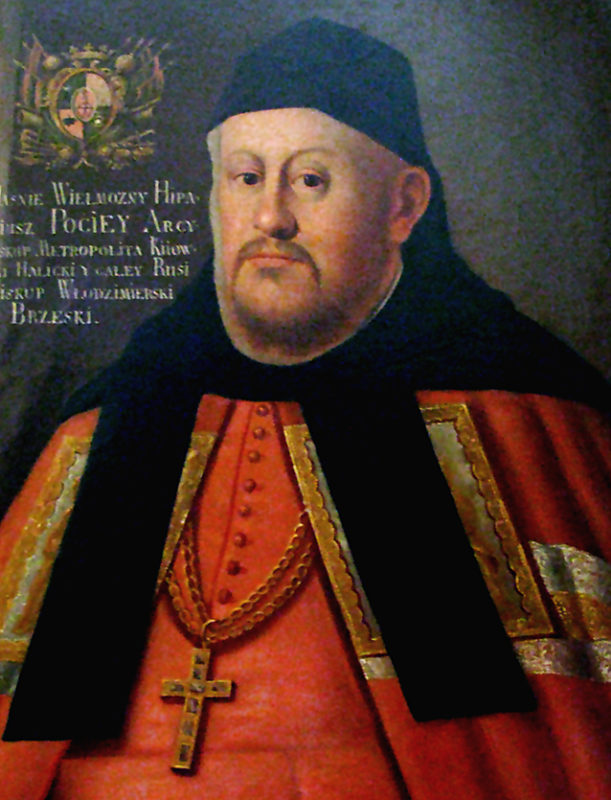12.07.2022, Moscow.
It has been often said in recent months that since the start of the special operation in Ukraine, the world has entered a whole new phase of existence. It is not clear what this phase brings. However, it is already clear that much depends on Turkey: what position it will take in the global balance of power and how active it will be. Therefore it is important to understand how Turkey is building its international dialogues.
Turkey’s Demarche on Sweden’s and Finland’s Accession to NATO
Turkey’s relations with the collective West have been somewhat different since Ankara vetoed Sweden’s and Finland’s NATO membership on May 18, 2022. This concerns its relations with both the European Union and the United States came together.
After the “explosion” of relations, when Turkey first announced that it did not want these two Scandinavian countries in the alliance, Sweden and Finland tried long and hard, but unsuccessfully, to dissuade Ankara that the authorities of these countries were firmly linked to the Kurds. This was precisely Turkey’s reproof.
Turkey has put forward ten specific conditions and continues to stress that the relations of Helsinki and Stockholm with the Kurds are problematic. First, it was mentioned that during a military operation against the Kurds, Swedish weapons were found in their caves. Then the laws inside the countries were criticized.
So far Ankara is not going to give up. At the beginning of this process, it tried to get the F-16 fighters it wanted from the US by using this situation. But the United States said that this was not going to happen.
The explanation of the Turkish position given by Turkish politicians is interesting. Erdoğan’s more radical ally, the head of Turkish nationalists and leader of the radical right-wing organization Grey Wolves Devlet Bahçeli believes that “the possible … membership of Finland and Sweden in NATO would not only chaoticize the European security map, but also shake the existing balances.” Continuing the thought, he also added that it would lead to total war. Thus, Turkey clearly understands that the issue of NATO’s membership is not a private matter at all.
Turkey’s political situation is unstable: opponents of the incumbent government are gaining in popularity, and President Recep Tayyip Erdoğan’s ratings are falling. In this connection, we should also pay attention to the opinion of the opposition on the issue in question. Especially since the opposition alliance is constantly “in touch” with US ambassadors and forms its point of view in a dialogue with them.
Opposition politicians were silent for a long time, but then they spoke out – and some even in support of the authorities, but giving the caveat that they do not consider the current government actions as a true effort to deal with terrorism.
“Mr. Erdogan … is trying to turn foreign policy into a domestic political show. If your goal is to eliminate a terrorist organization in Europe, the way is clear, and we will stand with you. But we will not allow you to use the blood of our soldiers to negotiate with the EU for domestic political gain,” İYİ (“Good”) Party leader Meral Akşener said on May 25.
It is worth noting that the opposition politicians began to speak only after the US gave the “go-ahead,” namely after the US ambassador visited several parties. This, firstly, confirms the aforementioned remark about the Turkish opposition’s ties with Washington. Secondly, it shows that the Turkish authorities are not that independent in this matter and that the US elites can, if necessary, influence Turkey by means of political opponents inside the country.
Washington and NATO didn’t react sharply to Turkey’s objections against the membership of two Scandinavian countries (though unofficially it even went so far as to suggest Ankara to leave the alliance) trying to establish a dialogue between the countries.
The result of the Turkish démarche in NATO was Turkey’s lifting of its veto at a joint meeting of Ankara’s representatives with high-ranking representatives of Sweden and Finland and NATO Secretary General Jens Stoltenberg on June 28. The memorandum was signed during the Alliance’s summit in Madrid on the eve of the meeting between Erdogan and Biden.
On June 12, the head of the Turkish Foreign Ministry said that “Russia and terrorism are the two most important threats faced by NATO.” Judging by the agreements with Sweden and Finland, the main “breeding grounds of terrorism,” after their accession to NATO, the alliance will begin to solve the remaining problem more actively.
And according to Stoltenberg, the decision to invite Sweden and Finland to join NATO will be taken by the leaders of the alliance without delay, the day after Ankara, Helsinki and Stockholm sign the memorandum.
US Attitude Toward the Prepared Turkish Operation in Northern Syria
In Ankara’s relations with Washington outside the NATO context, Turkey’s upcoming military operation in northern Syria against the Kurdistan Workers’ Party (PKK) and the People’s Defense Units (YPG) became a new topic of discussion.
It should be noted that such a readiness to start a new operation is connected with the problem of Sweden’s and Finland’s accession to NATO. Turkey accuses these two countries of being connected with the Kurds. Ankara’s old complaints about the financing of the YPG by the USA also plaid its role.
The United States, in turn, insists that the YPG help them to fight ISIL (organization banned in the Russia) in the region, and opposes Turkey’s operation in Syria. Erdoğan mentioned the likelihood of such an operation in the near future in a conversation with journalists, “One night we will attack them.” “Ankara cannot leave unanswered the slightest attack on Turkey from northern Syria,” he added.
Turkey’s Next Attempt to Get US Jets
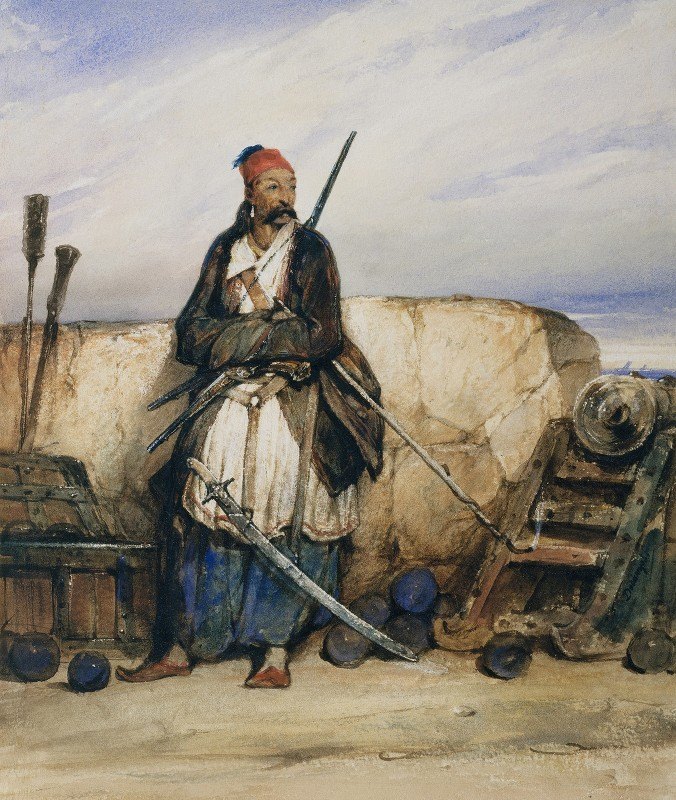
Ankara and Washington continue to discuss the problem of buying US fighter jets, which Turkey is demanding against unreceived F-35 jets from the USA. The USA changed its mind about giving back the paid-for aircraft after the Turks struck a deal with Russia for S-400 SAMs.
Against the backdrop of Ukrainian events, reports began to come in that were encouraging to the Turkish side.
“The Biden administration believes a potential sale of F-16 fighter jets to Turkey would be in line with U.S. national security interests,” Reuters reported April 6, citing a State Department’s letter to Congress.
Asked during a congressional testimony what the Biden administration can do “to cut through the red tape to help our work with our allies such as Turkey and India,” Secretary of State Antony Blinken acknowledged that the processes need to be hurried at both the executive and congressional levels. He also added that if the United States did not achieve this, he knows who was likely to do this instead [alluding to Russia].
On May 6, the chair of the U.S. House Foreign Affairs Committee Gregory Meeks said on Turkish TV channel A Haber that members of the US Congress had expressed support for selling F-16 fighter jets to Turkey and that their view was influenced by Ankara’s active mediation role in the events in Ukraine.
After Turkey’s stubborn reaction to the accession of two Scandinavian countries to the North Atlantic Alliance, there were again harsh statements that Ankara would not receive any F-16s.
On May 19, the chairman of the U.S. Senate Foreign Relations Committee Bob Menendez threatened Turkey with a denial of F-16 deliveries if Ankara does not support the accession of Sweden and Finland to NATO.
“I hope the administration is noticing it as they’re considering F-16s. You should be telling Erdogan you’ve got to act in a different way if you want consideration for anything,” he said.
It is likely that such reactions in the USA to problematic issues in US-Turkish relations have caused distrust of the West in Turkish higher circles. Erdogan expressed such concerns on June 12. And following that, political analyst of the Turkish government-funded think tank SETA Muhittin Ataman wrote a lengthy dissertation on the subject in a major Turkish newspaper on June 15.
“When you ask them [Greece], ‘Why did you build these bases?’, Their answer makes a lot of sense: ‘against the Russians’. They are all lies. You can not trust the West,” the Turkish president said.
“The United States and the European Union had been exploiting the Middle Eastern context to prevent Turkey from following an assertive and autonomous foreign policy,” the Turkish expert said.
“The Western countries have been encouraging the Greeks’ anti-Turkish position. The latest Greek defense purchases will not solve the Greek problems, but will only increase the tension with Turkey,” he also believes.
Ataman also pointed out that the experience of Ukraine reminds him of many cases justifying “the mistrust of the world of Western countries,” because, after achieving their goals, “Western countries may abandon any state.”
One way or another, Erdogan wanted to discuss the disputable issues between the United States and Turkey at the meeting with Biden in Madrid, paying special attention to the protracted process of F-16 purchase and the US financing of “terrorists” in Syria.
Turkey, Sweden and Finland signed a trilateral agreement as a result of the NATO summit. Biden and his administration have repeatedly advocated the sale of fighter jets to Turkey, but the US Congress has not yet agreed to it.
Turkey, for its part, indicates that it may return to banning Sweden and Finland from joining NATO if the latter do not comply with the conditions stipulated by the agreement.
“If Sweden and Finland, which support organizations recognized as terrorist in Turkey and act as their incubator, do not give up such support, there will be no accession to NATO,” Turkish Justice Minister Bekir Bozdag said on July 3.
Discord between Turkey and the European Union Continues
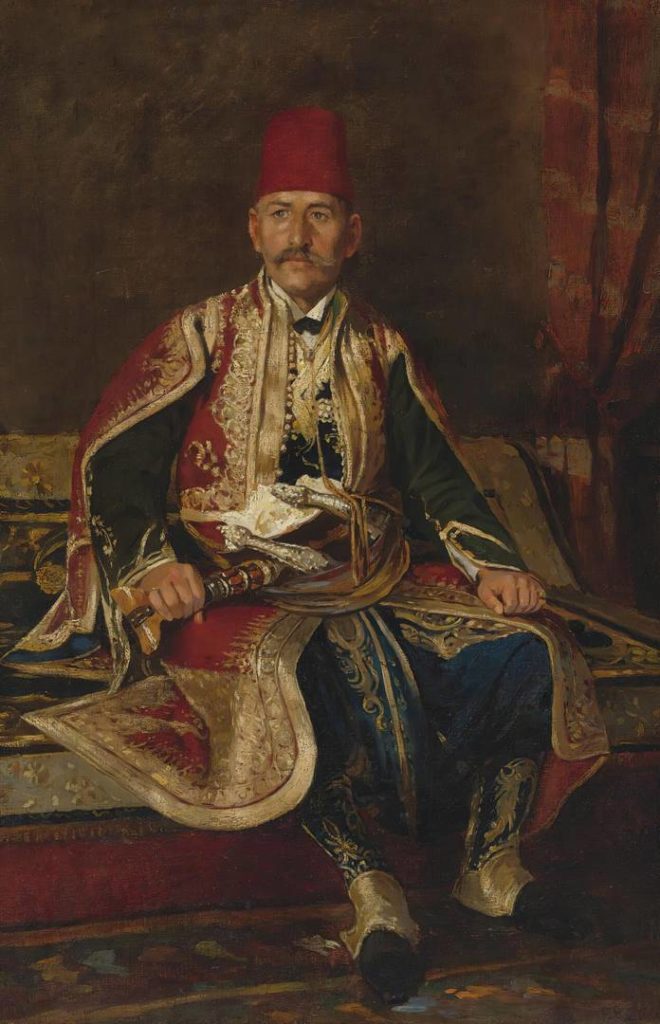
As for the European Union, a new round of mutual accusations between Ankara and Brussels has begun. Although after the Russian military special operation in Ukraine has begun, statements about reconciliation, cooperation, unification against the background of the events and mutual assistance were heard from the EU.
“Over the last few years we have felt the growing distance between the European Union and Turkey. And I think there is now a chance to bridge those gaps, to build those bridges, to start anew and to start a rapprochement on both sides,” co-chair of the EU-Turkey Joint Parliamentary Committee Sergey Lagodinsky said.
At the end of April, however, the “discord” began. The main topics of criticism remained the same: democracy and migrants from the European Union and terrorists and migrants from Turkey.
The triggering of another rift between Ankara and Brussels was the life sentence for Turkish activist and businessman Osman Kavala, on whose behalf the European Court of Human Rights has interceded for years.
In Turkey he is accused of organizing anti-government protests in Istanbul’s Gezi Park in 2013, which led to large-scale national unrest, as well as of participating in an attempted coup in 2016.
The main document revealing the importance of Osman Kavala case from the European side was a report that again accused Turkey of problems with democracy. The European Parliament (EP) member Nacho Sánchez Amor, who presented this report, expressed the view that this was the reason for Ankara’s “irresponsible” veto over Sweden and Finland’s accession to NATO, not its problems with those countries.
As in 2021, the 2022 report calls for a formal suspension of membership negotiations.
The document accused the Turkish government that it “deliberately destroyed any hopes of reopening its EU accession process” by openly ignoring the European Court of Human Rights decision in Osman Kavala case.
In parallel to this decision, it was stressed that “any improvement in official EU-Turkey relations and any progress on the positive agenda … should be dependent on a real improvement in the civil and human rights and rule of law situation in Turkey.”
Nevertheless, the report also called Turkey an important partner economically and strategically and an important neighbor in areas of common interest, such as trade, migration, health, climate, environmental transformation, security and counterterrorism.
Ankara, of course, found the accusations mentioned in the report biased and unrealistic.
Turkey repeated these accusations against the EU after an EU summit held on June 23-24, 2022 where certain decisions regarding Ankara were adopted.
The Turkish Foreign Ministry expressed very much regret at the “biased, short-sighted and erroneous position on Turkey” and added that the EU was incapable of breaking the vicious circle on Ankara-related issues.
The relations between the EU and Turkey on the issue of migrants are indeed very complex. On the one hand, the Turkish authorities “fight” hard against migrants and try to reassure a society with heated anti-migrant sentiments by constantly telling people how many Syrians they have already sent home and what more they will do to solve this problem.
However, at the same time, the EU allocates money for the education of Syrian children in Turkey. Then how will Syrians leave the country? Essentially, the EU contributes to the settlement of Syrian migrants in Turkey by embedding their children into the educational system.
Turkey’s Role in the Negotiation Regarding Grain Exports from Ukraine
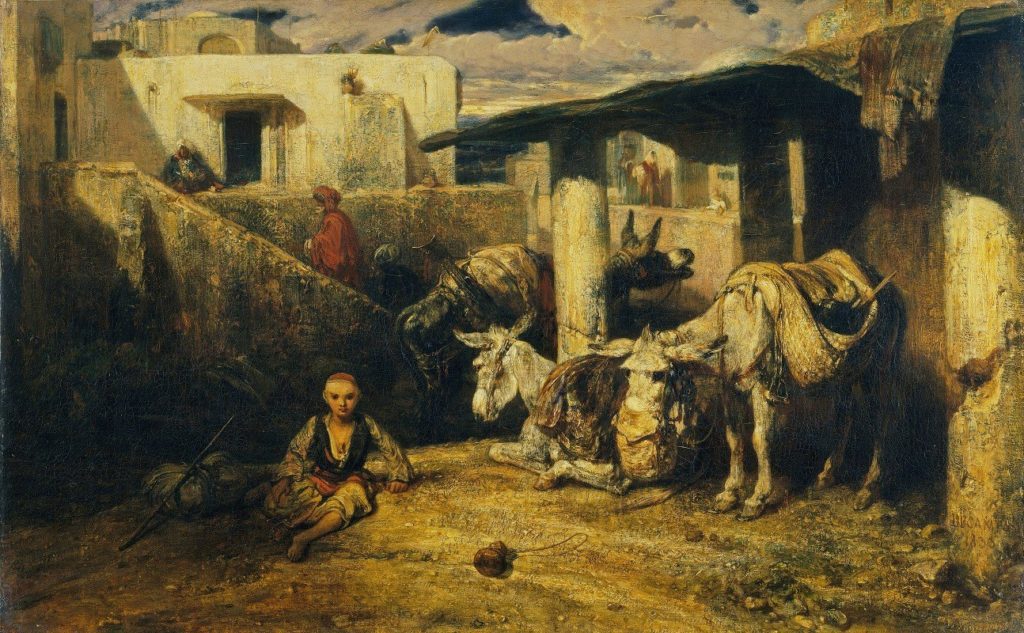
While Ankara used to present itself as the main mediator between Kiev and Moscow, it has now stopped doing so. Even Erdogan seems to have abandoned his earlier hopes of organizing talks between Zelensky and Putin in Turkey.
Nevertheless, Turkey does not want to lose its position as a mediator in the negotiation process at all. Now it has replaced the efforts of the main organizer of the Ukrainian-Russian negotiations with the efforts of arranging the export of Ukrainian grain to the world markets, convincing the West and the rest of the world that Kiev cannot export its cargoes from the Black Sea ports safely.
Russia, Ukraine, Turkey and UN representatives held talks on June 2 as part of a solution to this problem. Turkish Defense Minister Hulusi Akar said afterwards that a center for the management and control of exports of grain and other products would be established in Istanbul.
Erdogan’s spokesman Ibrahim Kalin later explained publicly that this is why Turkey is taking such an active role in getting Ukrainian grain supplies to the world market. “This will benefit us: it will alleviate the need for grain. Because this shipment will go through Turkey, Turkey will gain a strategic position. These ships will pass through the Bosporus,” he said.
According to Turkish press reports, another meeting with the same participants will be held in Istanbul in the coming days. UN Secretary-General António Guterres and the Turkish President will probably take part in it.
Note that not only the parties involved and the UN discussed the Ukrainian grain with Turkey, but also, for example, the resigned British Prime Minister Boris Johnson, British Foreign Secretary Liz Truss and NATO Secretary General Jens Stoltenberg. Overall, the issue of grain export has clearly fallen into the focus of international attention and gained particular importance.
It should be noted that Washington has repeatedly encouraged Turkey for its efforts. This has come from both coordinator for Strategic Communications at the National Security Council in The White House John Kirby and Assistant Secretary of State for Economic and Business Affairs Ramin Toloui.
“We are fully supportive of this and want to see that play out. We’ll continue close coordination with the U.N. delegation and the government of Ukraine on ways to mitigate the impacts to global food security,” Toloui said on June 23.
“We certainly welcome Turkey’s involvement in trying to broker some kind of arrangement to allow shipping of grain,” Kirby observed in a conversation with reporters on the same day.
It should be mentioned that Russia has repeatedly stressed that it did not impede the export of grain from Ukraine and that Kiev should clear its Black Sea ports of mines. But this, of course, is not taken into account.
Turkish drones in Ukraine
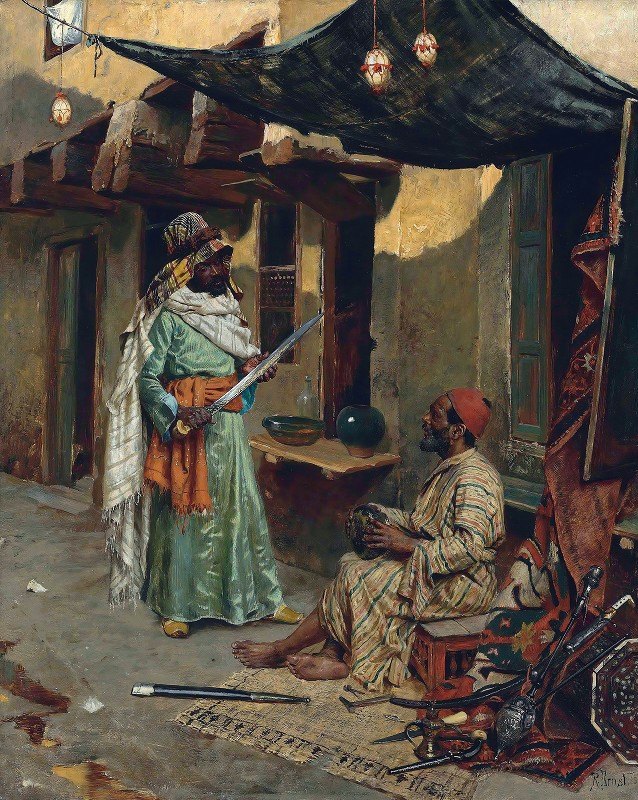
Further, despite Turkey’s desire to mediate in the Russian-Ukrainian issue, it has been and is supplying Kiev with its drones, explaining that the state cannot influence the sales of a private company. However, it is worth recalling that this private company is run by Erdogan’s son-in-law.
In addition, to the already customary sales of Bayraktars, drones have been given as gifts to Ukraine. The first such gift in early June was a Turkish UAV from Lithuania, for which money was collected. But Selcuk Bayraktar gave it away free of charge, noting that as soon as he learned about the fundraising, he decided to “gift a Bayraktar TB2 to Lithuania free of charge and asks those funds go to Ukraine for humanitarian aid.”
The next day, advisor to the head of the Ukrainian president’s office Mikhail Podolyak thanked his “friend Haluk Bayraktar” on Twitter not for the humanitarian aid, but for the gifted drone. “The legendary drone proved its effectiveness in combat, becoming the night terror of many enemies. We were unlucky with some of our neighbors, but we sure have a lot of friends,” he wrote.
The month was not over, and the Baykar Teknoloji company made another gift to Kiev on June 28. This time, the defense company refused to take the money collected by Ukrainians to purchase the UAVs. It was decided to give three strike drones to Ukraine for free.
“Baykar will not accept payment for the TB2s, and will send three UAVs free of charge to the Ukrainian war front. We ask that raised funds be remitted instead to the struggling people of Ukraine,” the company said in a statement.
On the same day that a Turkish defense private company provided combat drones to Kiev for free, the Turkish Foreign Ministry issued an official statement calling for an immediate end to the destructive war and prioritizing a diplomatic solution. Ankara, which initially did not accept and condemn the Russian special operation and made no secret of it, had not used such rhetoric in a long time.
Turkey’s big bargaining
From all of the above, it is clear that the intensity of communication between the US and Turkey has recently increased significantly. But what kind of communications are these? Why did Erdogan make concessions to NATO and suddenly lift his veto on Sweden and Finland accession to NATO, forgetting his ambitions and principled position? Some experts argued that Washington threatened him. And the long-awaited agreement to sell F-16s looks like a result of Turkey’s swapping of the planes for the trilateral agreement with Finland and Sweden.
But NATO, having identified Russia as its main enemy and getting closer to its borders, does not want peaceful good-neighborliness. In the event of a clash with NATO, would Turkey, as a member of the alliance, be a part of it? Or would NATO prefer Turkey confront Russia on its own, without dragging the entire alliance into it? What exactly have Washington and Ankara agreed to in the context of Sweden’s and Finland’s accession process to NATO?
Obviously, Ankara is also considering such prospects. So far, Erdoğan assures that he will keep a multi-vector foreign policy and resolve any issues and problems diplomatically. Turkish political analysts also assure with a striking directness that such a position has been characteristic of Ankara since ancient times, which it is obliged to do by its geographical position (and military actions in Syria and Transcaucasia, of course, do not count).
The Turkish leader also pointed out that Turkey does not benefit at all from quarreling with Russia because they are linked by several strategic projects, such as the construction of the Akkuyu nuclear power plant.
There is no exact answer to the questions posed so far, but there is a typical statement by Erdoğan on the subject after his meeting with Biden at the summit in Madrid. When reporters asked him how he was having such a friendly conversation with the US president when many of the US leader’s statements had previously irritated him, the Turkish president explained that this was politics, in which there was only today and that much can change in 24 hours.
For the moment, Turkey will bargain. Returning to threats to renew the veto on Sweden’s and Finland’s accession to NATO if they do not comply with the agreements. Ankara also wants US fighter jets. And Washington hesitates, does not want to make concessions to Turkey – Biden promises, but Congress still has not decided anything, and without its decision it is impossible to sell F-16s.
In addition, Turkey, with the help of the issue over Sweden and Finland, can try to resolve another old issue with the USA – the YPG in Syria, which the Turks firmly link to the PKK. Attempts to get Washington to stop financing and training the group have come to nothing. However, pressure on the Kurds because of Ankara’s blackmail with respect to NATO could move the issue in the direction Turkey needs. The question here is what it costs … The Kurdish card is the most valuable political capital of the United States in the Middle East. They will never give it up cheaply. What is comparable to it in value? Is Turkey’s involvement against Russia in Ukraine or the Transcaucasus comparable or not?
Turkey’s role as a mediator in the situation in Ukraine is, among other things, a desire to sit on two chairs: to actively cooperate both with the West and with Russia. Recall that at the beginning of Russia’s special operation in Ukraine, Turkey talked about how it could be a hub for the transportation of energy resources and various goods. The situation with grain export could prove this and bring Ankara closer to the realization of its ideas. This would be very beneficial for the domestic economy, which is now in decline. So are Erdogan’s ratings on the eve of elections in 2023.
Apparently, Turkey has not yet fully decided on its place and participation in the process. However, it is already clear that it values this participation very highly and will not sell it for cheap. And the key agreements with the West on this matter, apparently, have not yet taken place.
Source: Rossa Primavera News Agency

